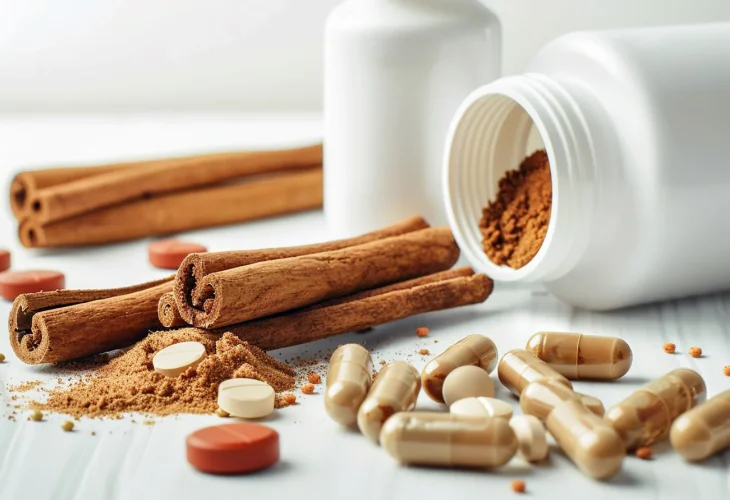Health and Nutrition
Cinnamon Supplements and Medication: Study Warns of Potential Risks
Research reveals that high doses of cinnamon extract may interfere with common medications- here’s what you need to know before supplementing

Cinnamon is no longer just a spice for flavoring cakes but has become one of the most popular dietary supplements, due to its potential effects on blood sugar regulation, heart health, and inflammation reduction. However, a new study is now raising concerns about taking cinnamon in high supplement doses, especially for individuals who regularly use prescription medications.
Published in the scientific journal Food Chemistry, the study focuses on cinnamon’s active compound- cinnamaldehyde. Researchers explain that this substance may interfere with how the body metabolizes certain medications. While using cinnamon as a regular spice is considered safe, taking concentrated supplements can pose health risks for those with chronic conditions like high blood pressure, diabetes, or depression.
Researcher Shabana Khan noted, “Dietary supplements are not intended to treat or cure diseases, which is why it's essential to consult a doctor before combining them with medications.” She emphasized that despite growing popularity, caution is needed, especially for those on daily medication.
One of the study’s lead authors, Bill Gurley, clarified that the findings are based on strong but still preliminary evidence. “We know that cinnamaldehyde has the potential to affect receptors in the body and alter drug responses, but more clinical studies are needed to fully understand the impact,” he said.
Despite the warnings, the researchers want to reassure the public that using cinnamon in home cooking or adding a small spoonful to coffee poses no risk. Even cinnamon oil used externally in cosmetic products is considered completely safe. The concern arises when the compound is consumed in high concentrations without medical supervision.

